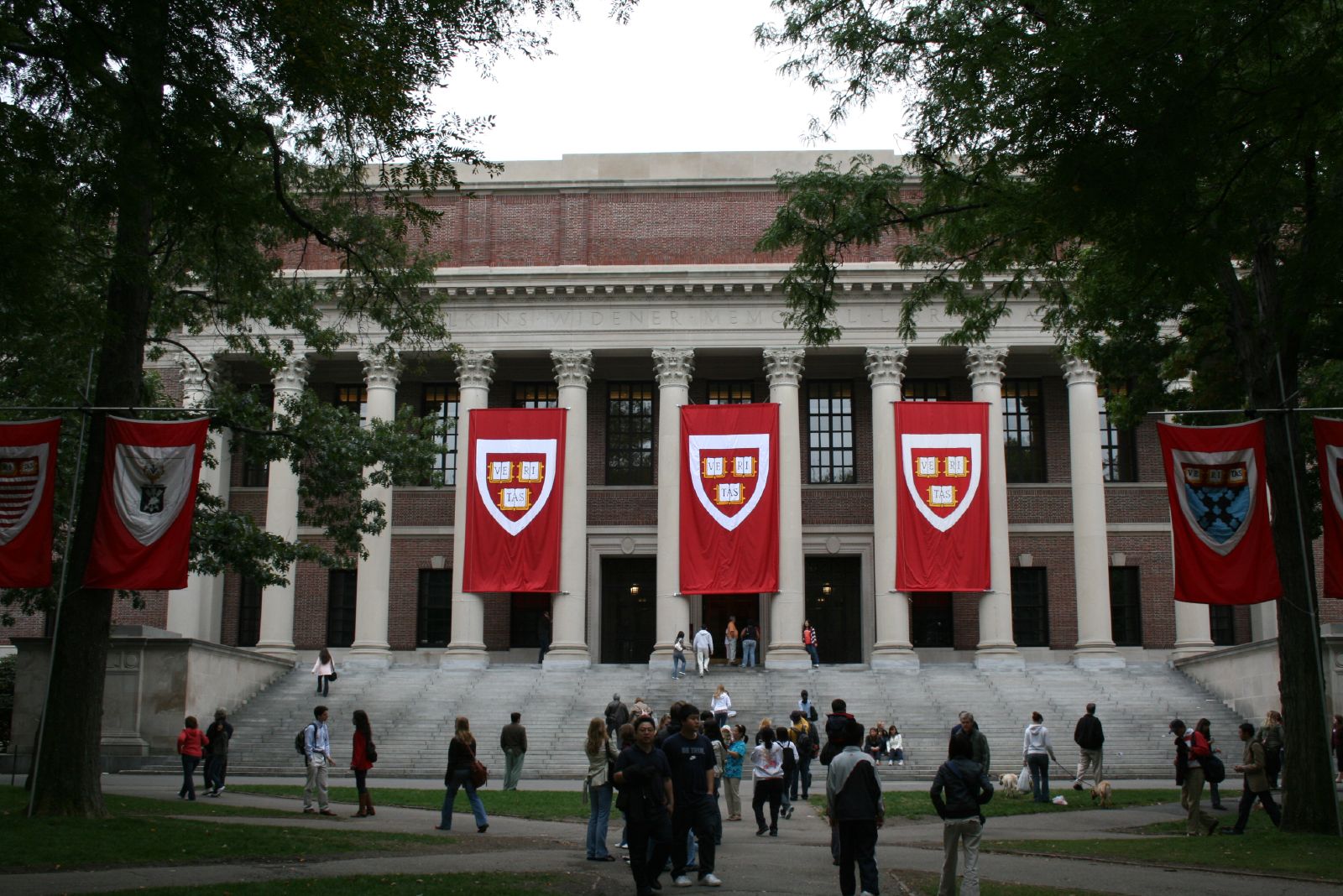
President Donald Trump’s ongoing battle with Harvard University is the latest chapter in his administration’s wider assault on elite universities, a campaign with potential far-reaching effects on America’s global competitiveness and regional economies. These prestigious institutions, particularly those in cities like Boston, Seattle, Austin, and Silicon Valley, are often at the heart of the U.S.’s most productive and innovative metropolitan areas.
Universities: Pillars of U.S. Economic Strength
Elite universities have long been the lifeblood of the U.S. economy, producing groundbreaking scientific research, highly skilled graduates, and fostering industries that power the economy. The educational and research systems within these universities have been fundamental in creating technological advancements in fields like artificial intelligence, biotechnology, and medical equipment. As Mark Muro from Brookings Metro highlights, this is the core of America’s industrial policy, with academic institutions driving the knowledge economy forward.
However, with the Trump administration’s recent policy shifts, including slashing research grants and imposing restrictions on foreign students, these universities face significant challenges. The latest clash with Harvard, which has vowed to resist Trump’s demands for sweeping changes, could represent a turning point. Cities that depend on these institutions for both employment and innovation are bracing for long-term economic repercussions if such policies continue.
Although Trump’s administration has claimed the moves are intended to curb the influence of “woke” ideologies, the reality is more complex. Trump’s administration is threatening to halt billions in federal research funding, targeting top universities based on their political stances. The cuts, including the controversial revision of how the National Institutes of Health (NIH) distributes funding, aim to undermine the research ecosystem that has kept America competitive.
The shifting politics also signal a growing tension between Trump’s anti-establishment stance and the technological powerhouses that fuel America’s economy. Trump’s pressure on universities is not just about politics; it’s an effort to restructure the American innovation system. But as academic institutions become more directly tied to their surrounding economies, any disruption to this system will have broader consequences for the regions dependent on these universities.
Stalling Innovation and Economic Growth
Cities like Boston, San Francisco, and New York City, which host top-tier universities, rely heavily on the research and talent these institutions provide. A Brookings analysis has shown that universities are directly responsible for a significant share of the U.S. economy’s output. Shutting down the research pipeline or restricting funding to these institutions could disrupt the nation’s innovation ecosystem, harming U.S. competitiveness, especially in the face of growing technological challenges from nations like China.
However, Trump’s moves also have the potential to backfire politically. While his base may support his stance on universities, the economic consequences for metropolitan areas—often bastions of liberal support—could alienate voters. As cities and states with large universities continue to see the brunt of these policies, there’s potential for increased resistance, both politically and economically.
The U.S. is in a race to maintain global leadership in high-tech industries like artificial intelligence, and the infrastructure for this competitiveness lies in its universities. If Trump continues his aggressive tactics toward these institutions, the risk of stifling innovation grows. In a world where China is rapidly advancing in AI, the U.S. cannot afford to undermine the very academic institutions that produce the research and talent driving technological advances.
What The Author Thinks
Trump’s escalating conflict with America’s top universities could have severe consequences, not just for the academic community but for the U.S. economy as a whole. These institutions are key drivers of innovation, and any effort to hinder their progress will have far-reaching effects on global competitiveness. While Trump’s political base may support his actions, the economic impact could ultimately harm the very regions that are fueling the nation’s growth. In this race for economic supremacy, antagonizing the engines of American innovation seems like a strategic misstep.
Featured image credit: Wikimedia Commons
Follow us for more breaking news on DMR
